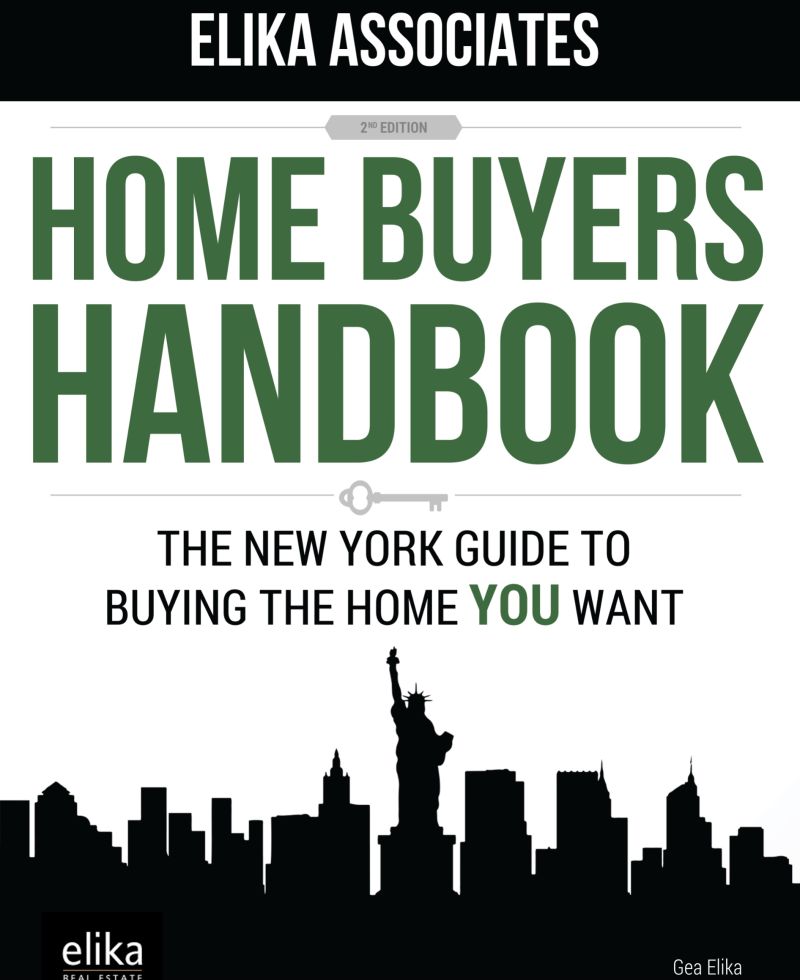Table of Contents Show
Whether it’s lighting tricks used by photographers or promises made by unscrupulous real estate agents, landlords or sellers, the Internet is full of Real Estate scams that look great but have a big catch. Although these tricks are most common in the market, they can negatively impact renters and homebuyers.
New York City adds to the already intimidating and stressful apartment hunting process. Because of this high demand, renters and buyers are not only jumping at “the perfect apartment,” but scams are quickly becoming popular.
It is imperative to keep your wits about you and keep an eye out for these threats. Realizing that the market is full of tricks and scams can be scary. However, knowledge truly is power when renting or buying real estate.
So as long as you know what to look for and the best steps to protect yourself, you’ll put yourself in a position to evaluate correctly. Being prepared will allow you to find what you want without being led astray. With that goal in mind, let’s dive right into the most common problems you want to watch out for and how you can protect yourself throughout this process.
Bait and Switch Real Estate ScamsBait and Switch Real Estate Scams
A real estate agent lists a home for sale on popular sites in these scams. Shortly after, your home is listed on different websites like a rental. These con artists dupe people into renting already-occupied dwellings and, in more recent cases, offer an excuse for how a listing is currently unavailable to show. The miscreants offer rent that no one can refuse and acquire the renter’s personal information, including social security numbers and months’ rent, making this a scam that significantly affects realtors.
Bait and switch scams have been around forever. If you’ve ever been to a store that doesn’t have a sale item in stock but tries to upsell you to a more expensive non-sale item, you may have been the victim of a bait and switch. A bait and switch can occur in real estate when an agent advertises a desirable or affordable home without ever showing it to you. It’s probably not really on the market.
The tactic is to draw you in with a great-looking home so they can take you to less desirable properties and hard sell you on them. If you contact an agent, homeowner, or other representatives about a property and immediately start talking about it someplace else, it could be a bait and switch.
Common Listing ScamsCommon Listing Scams
The first rental scam in New York City is people trying to rent out a place they don’t own. Whether they have access to the site through a friend or another channel like Airbnb, the bottom line is they aren’t the legal owner of the property. The other scam that’s pretty common is a bait and switch. Although someone does own an apartment, they use information from other New York City real estate listings to make their sound much more appealing. But since their apartment is nothing close to what they’re promising online, they try to pressure interested parties to rent it sight unseen.
Finally, the other common scam is when an individual poses as a real estate agent. Their objective is usually to hold a fake open house to get multiple parties to pay an application fee, which they won’t refund.
Signs That a Listing is a ScamSigns That a Listing is a Scam
When it comes to online New York City real estate listings, the first red flag asks to pay in cash or wire funds. The second sign to watch out for is when a broker or landlord is overly eager to do business with you. While speeding up the process may sound appealing, you don’t want to find yourself in a situation where there’s no paper trail of your agreements.
High-pressure sales tactics are another bad sign. Also, if you ever have a terrible feeling about an NYC real estate listing, be sure to listen to your gut; finally, if an apartment seems too cheap for the price advertised, you need to be highly cautious about the possibility of a scam.
How to Avoid Real Estate ScamsHow to Avoid Real Estate Scams
The State of New York licenses real estate agents. Mostly, they also use proper grammar and don’t want to meet you in an alley (or reek of whiskey, for that matter). If a deal seems too reasonable to be accurate, or if something seems off about the “agent,” it’s good to listen to your senses. Hiring a reputable real estate or buyers broker to help you navigate the New York real estate agent is a must. They can help you find the perfect home but keep you from getting ripped off.
While scams are scary, there are measures consumers can take to avoid them. Always use a reputable broker, verify licenses, cross-check listings on multiple sites, avoid cash deposits, and, most importantly, listen to your gut.
The Best Way to Protect YourselfThe Best Way to Protect Yourself
While the information we covered will help you avoid many scams, navigating New York City real estate listings to find the right one can still be very challenging and stressful. If you want to eliminate as many obstacles from this process as possible, we recommend using a reputable licensed real estate agent.
More Scams to Look Out ForMore Scams to Look Out For
Being in the middle of one of the biggest and most active rental markets is already an intimidating and stressful apartment hunting process. Because of this high demand, renters are not only jumping at “the perfect apartment,” but scams are quickly becoming popular. It is imperative to keep your wits about you and keep an eye out for these threats.
Online ScamsOnline Scams
According to a Forbes article, 90 percent of people start their rental search online. In online scams, the con person will swipe a listing, re-post it on another site such as craigslist and pose as the agent. This scam’s signs include little time spent in the listed apartment, a vague contract with no copies, keys handed over before paying the security deposit and rental fee and strongly preferred cash. These scams usually target 20-something-year-old women and those who quickly find themselves needing an apartment.
Rental ScamsRental Scams
In popular rental scams, They will ask for money for the security deposit or broker fee upfront. The scammers will ask you to wire money to a friend to prove you have the funds. They will then pose as that friend and collect the money. Application fees for phony credit checks are another way con artists take advantage of those in dire need of a grand apartment deal.
Switcheroo ScamsSwitcheroo Scams
Your real estate agent lists your home for sale on popular sites in these scams. Shortly after, your home is on different sites as a rental. These con artists dupe people into renting already-occupied homes and, in more recent cases, offer an excuse for how a listing is currently unavailable to show. The miscreants proceed to provide rent. No one can refuse and acquire the renter’s personal information, including social security numbers and months’ worth of rent, making this a scam that significantly affects realtors.
Utility ScamUtility Scam
So ubiquitous these days, someone has probably tried to pull it on you. You move into your new home and receive an official-sounding phone call from someone claiming to be able to lower your utility bill. You agree and give them your billing information. If it’s not just a straight-up credit card scam where they’re going on an Amazon spending spree, your new bill looks like your old one but a lot higher.
Those savings they promised never materialize or are laden with so many fees that you’re paying twice as much. Oh, and by the way? You have signed a two-year contract, and the cancellation penalty is hundreds of dollars. The bottom line is if someone calls you out of the blue saying they can save you tons of money, they’re probably lying.
Loan Modification ScamsLoan Modification Scams
Due to the recession, millions of Americans face foreclosure and high mortgage payments. One of the most popular schemes involves “agents” from the Home Affordable Modification Program (HAMP) or Home Affordable Refinance Program (HARP) cold calling these Americans, collecting information, charging fees to modify loans, and suggesting that homeowners stop making payments. These scams are even more challenging to avoid because these fake companies have official-looking websites and caller-ID numbers.
Workshop ScamsWorkshop Scams
With housing affordability nearing a record high, many people are developing a new interest in real estate investing. In these workshop-scam scenarios, self-proclaimed real estate experts will host several pricy educational seminars claiming to give you vital information, tips, and even specific properties to invest in, all with the promise of huge returns. What makes matters worse is that the signed paperwork for these classes lists that you cannot take legal action against the purported “experts.”








